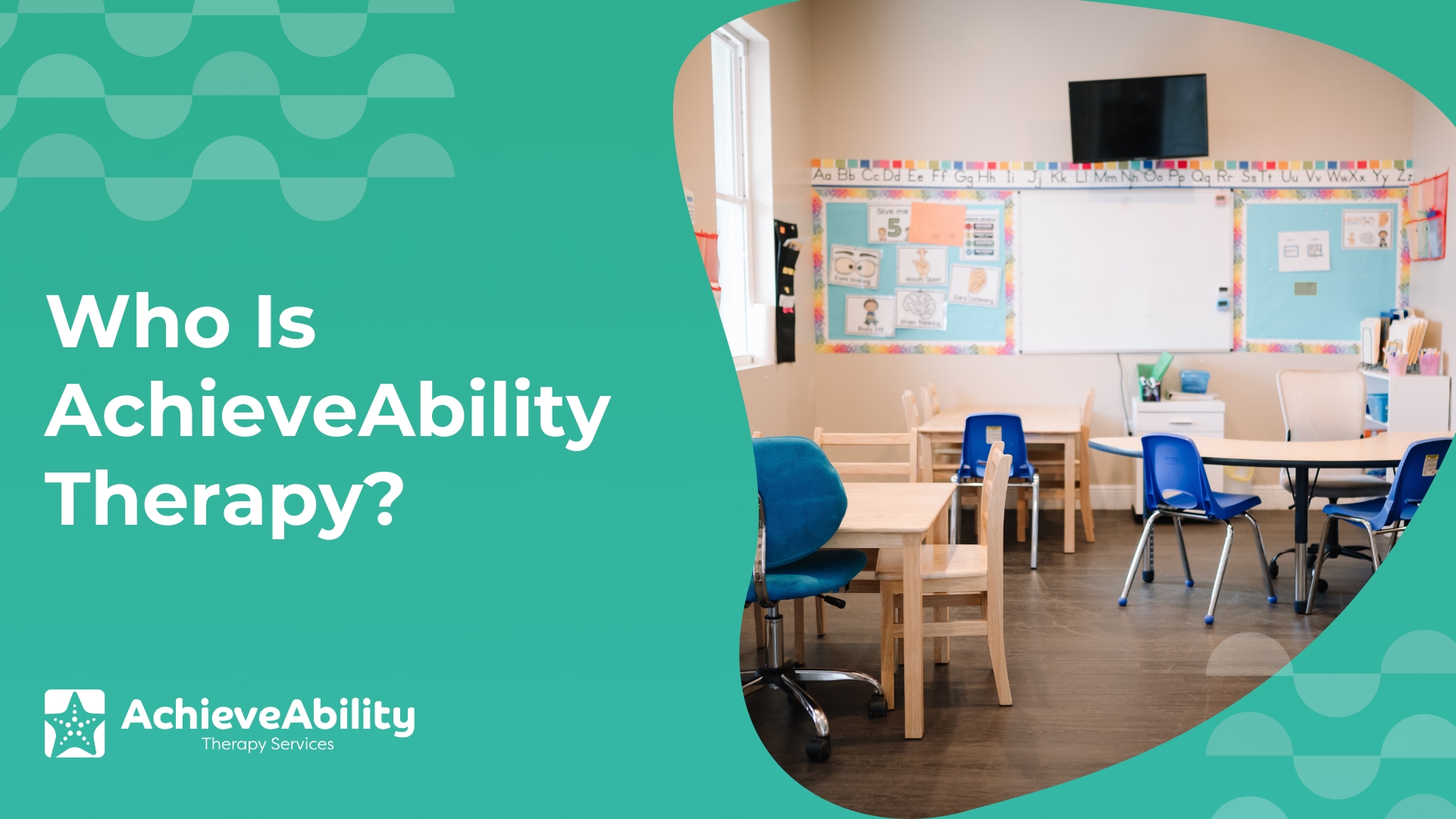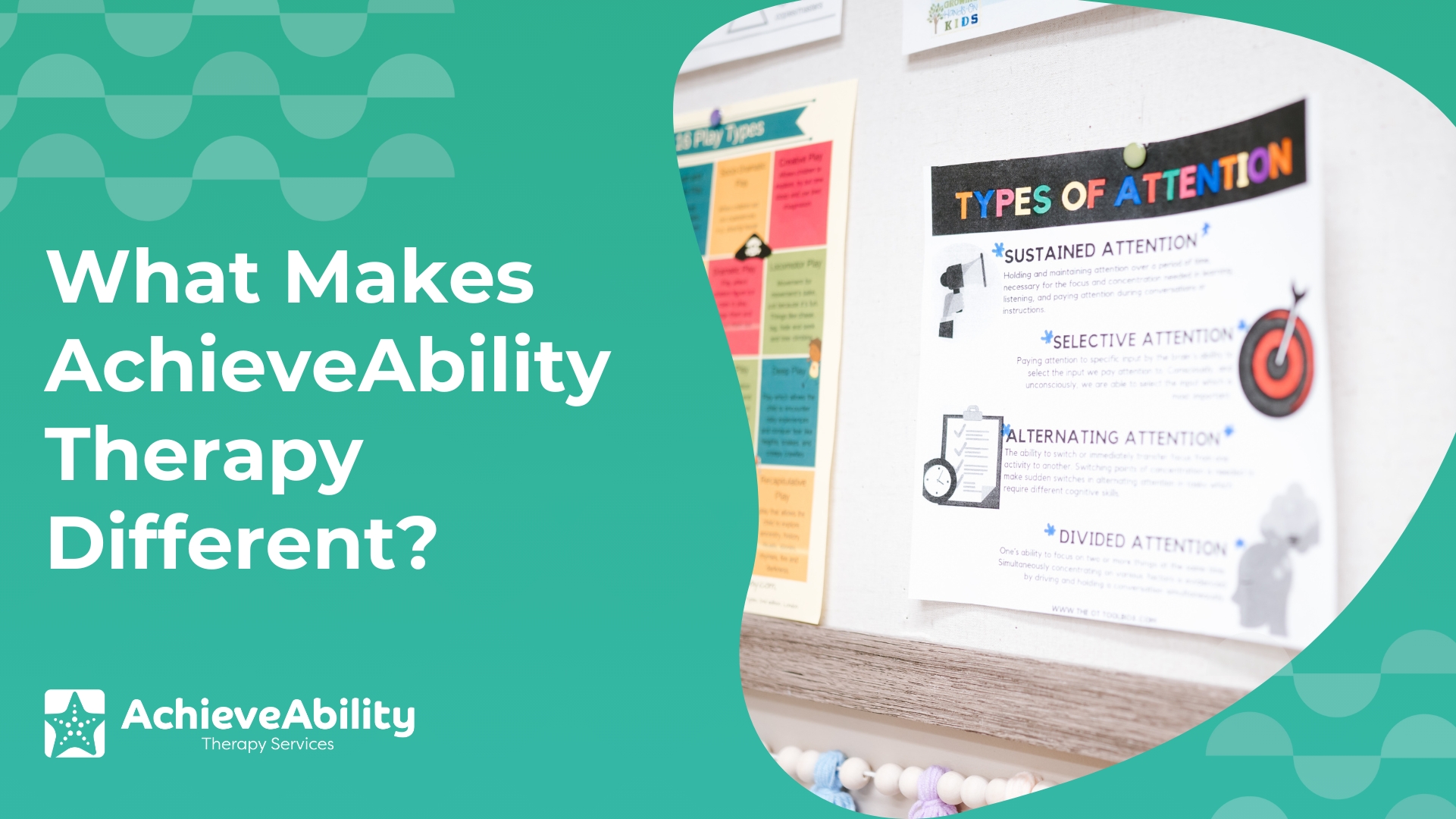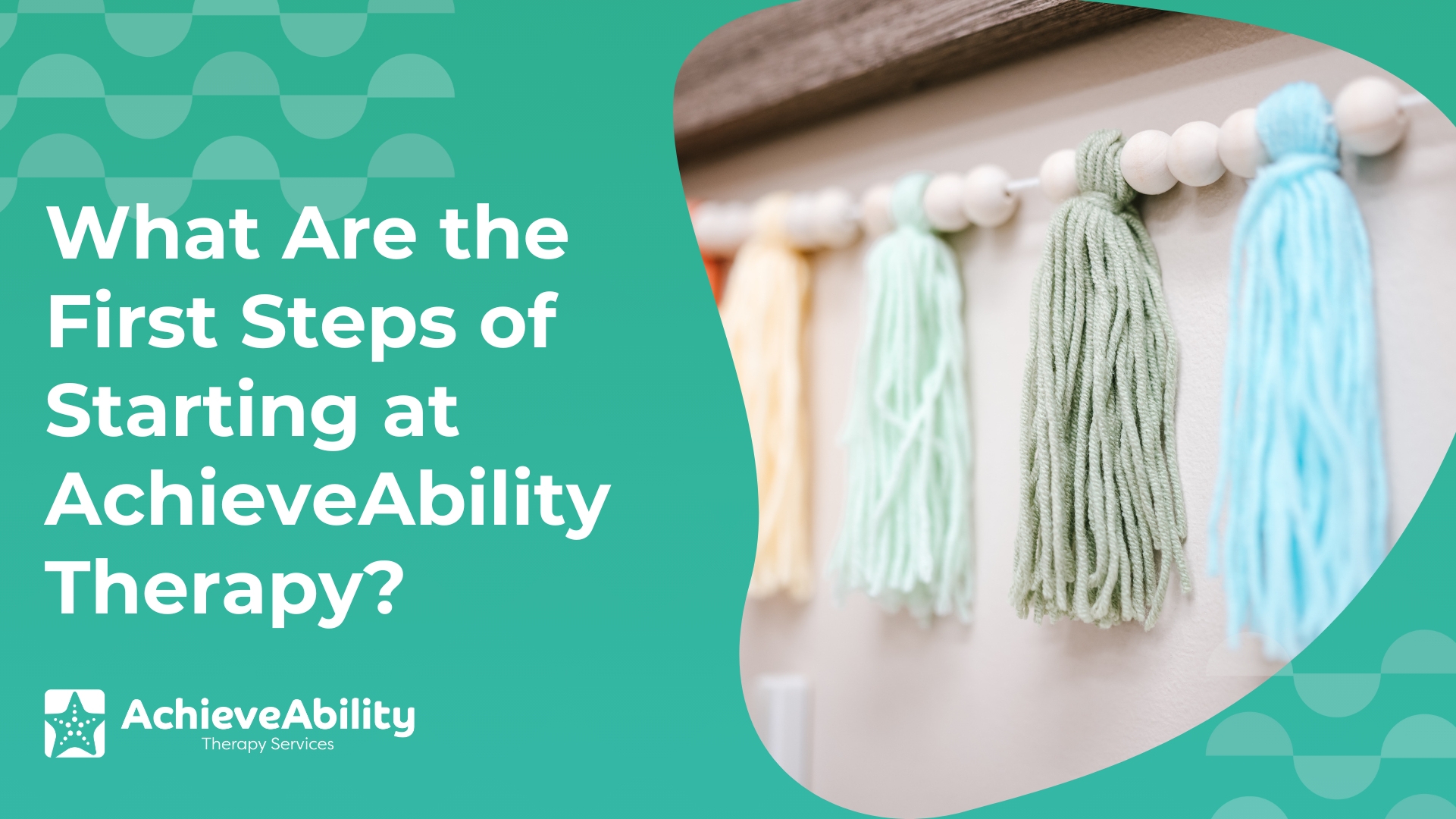One of the most exciting things about being a parent is uncovering the special things that make each of your children different. Children are as unique and different from one another as can be. They develop at varying speeds, have different skills and interests, and some require more support than others. Sometimes, the gap between your child’s needs and your ability to provide necessary support can feel overwhelming. That is where Applied Behavior Analysis (ABA) therapy can help.
Sending your child to an ABA Therapist is an important step in helping them get the specific support they need to meet their individual goals. It’s common for children with Autism Spectrum Disorder to seek support from an ABA therapist. But whether or not that diagnosis reflects your child’s needs, ABA therapy can help you. This type of therapy is designed to help children develop a range of skills based on their individual capabilities. We cater our services to your child, not the other way around. Here are some of the skills most commonly addressed during our therapeutic process:
Fine And Gross Motor Skills
Motor skills are not often thought about until they fail to meet our expectations. Motor skills are a person’s ability to move their body in a coordinated manner. Gross motor skills include behaviors like sitting, standing, and walking, while fine motor skills are more intricate movements like feeding yourself, brushing your teeth, and using a pen or pencil. ABA Therapists are trained to support young people and their families in developing these essential skills.
Communication Skills
Do you have a child who struggles to communicate? The ability to express oneself and share your emotional and physical needs is extremely valuable. For some, learning to communicate is about finding the words to express themselves. Other children will never be able to speak, but learning alternative forms of communication like Picture Exchange Communication Systems (PECS), Augmentative and Alternative Communication (AAC), or sign language can increase their ability to communicate and help them meet their needs. We aim to increase each patient’s communication using the most effective mode for them.
School Readiness
Academic excellence is the goal for some school-aged children. For others, school is an opportunity to develop new skills and engage socially to the degree that they can. Some students need more support than others when transitioning into a classroom environment. For these individuals, ABA Therapy can help develop school readiness skills like following routines and learning to complete nonpreferred tasks. In ABA, a therapist works with each child to help them create strategies that will enable them to succeed to the best of their personal ability.
Independence
As your child ages, you may notice them becoming increasingly more frustrated by their need for support from caregivers. Independence boosts self-esteem and increases motivation. Our therapists can help your child become more independent by teaching skills like bathing, using the restroom, getting dressed, and more. When a child becomes more independent, it makes them feel accomplished and can take a considerable weight of responsibility off of other family members.
We all want what’s best for our children and to help them develop the skills to give them the best chance for a happy, independent life. For many parents, these big goals are a lot to juggle. If you’re a parent or caregiver and you’re feeling overwhelmed by the responsibility of supporting your child’s every need, we urge you to reach out to our office for support. ABA Therapy is a tried and true therapeutic method that empowers children and their families, and we look forward to the opportunity to help your family. Contact us today for more information.







